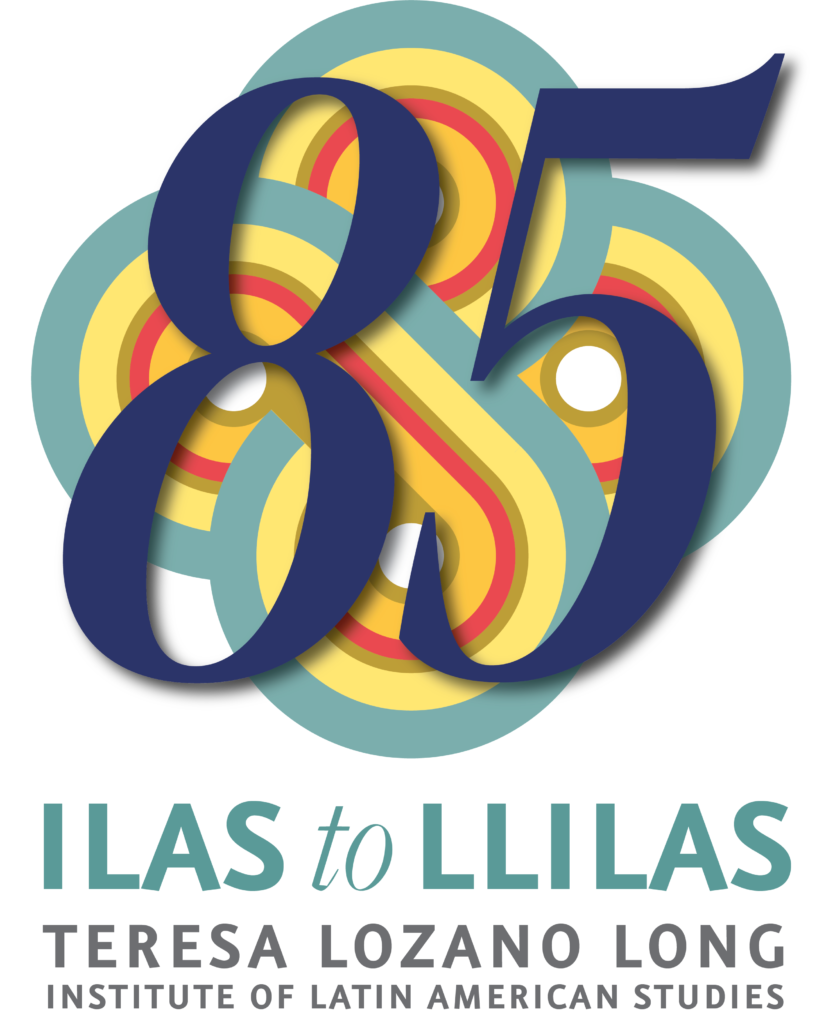Organizers

Teresa Lozano Long Institute of Latin American Studies (LLILAS) — The foremost center of Latin American Studies in the United States, LLILAS offers bachelor’s, master’s, and doctoral degrees; and promotes interdisciplinary research about Latin America and the Caribbean, as well as socially engaged scholarship and horizontal collaborations with scholars, students, and communities in the region. The year 2025 marks the 25th anniversary of a transformational gift from Joe R. and Dr. Teresa Lozano Long that renamed the Institute of Latin American Studies (ILAS), a world-renowned center established in 1940 at The University of Texas at Austin.
We wish to thank the UT Austin Department of Government for its support and collaboration on this conference.
